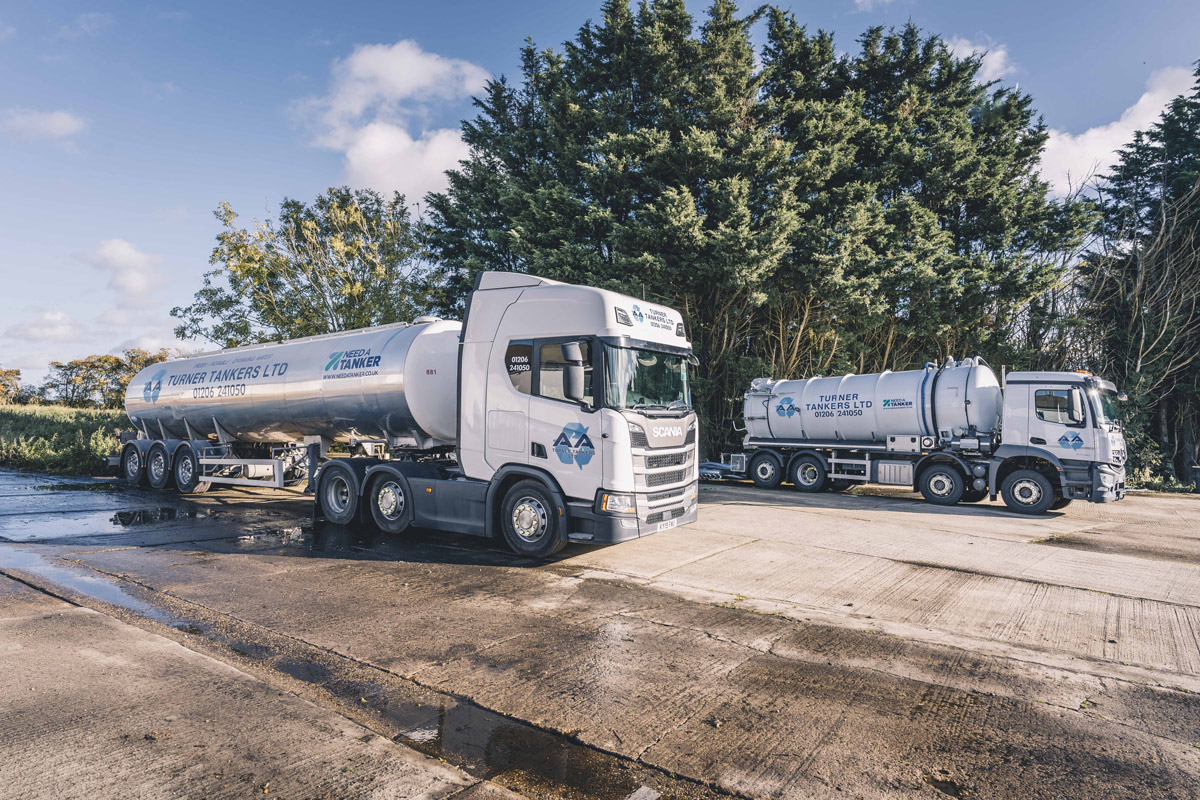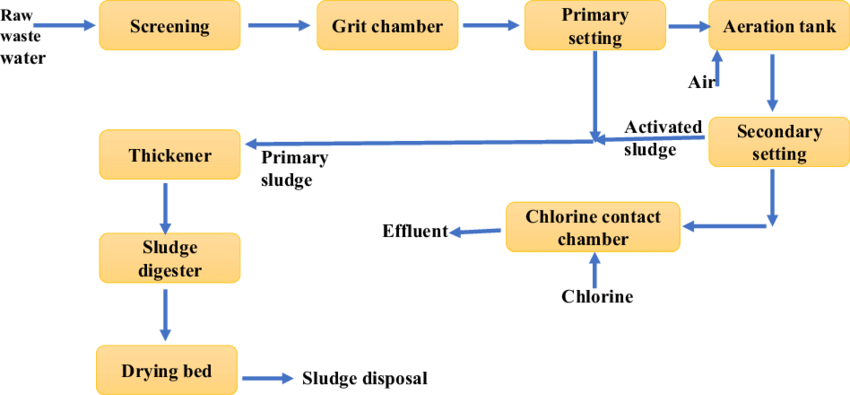Our Reclaim Waste Diaries
Our Reclaim Waste Diaries
Blog Article
Reclaim Waste for Beginners
Table of ContentsThe Only Guide for Reclaim WasteThe smart Trick of Reclaim Waste That Nobody is Discussing10 Easy Facts About Reclaim Waste ExplainedThe Buzz on Reclaim WasteThe Main Principles Of Reclaim Waste
Check out the types, occurrences, and forms of fluid waste. Domestic sewer waste refers to the waste and items from a residential septic storage tank. This kind of waste is produced by human beings in residences, institutions, and other structures. This only includes septic systems that have a drain field. The proper monitoring and disposal of domestic sewer waste need fluid waste to be transferred to a sewer treatment plant where the appropriate approaches and devices are used to cleanse and dispose of waste.
Industrial waste often includes possible hazards, such as flammable products or a combination of liquid and strong waste items, and requires an advanced and in-depth disposal process. The disposal of industrial waste commonly includes the purification of waste before transportation to guarantee safe and appropriate disposal. Hazardous waste is developed from byproducts and runoff of industrial processes and production.
This sort of waste can not make use of the same sewage administration transport or procedures as septic or business fluids. The hazardous waste monitoring procedure requires the evaluation and testing of liquid waste before it goes through the disposal process (liquid waste removal melbourne). Overflow waste is the liquid waste that comes from overflow and excess stormwater in extremely inhabited areas or cities
Overflow waste can trigger contamination and flooding if not managed appropriately. Discover more concerning sewer cleaning and waste management. Guaranteeing appropriate waste administration can avoid catastrophes and decrease environmental injury. Both people in domestic settings and specialists in industrial or production markets can benefit from understanding the processes and laws of fluid waste administration.
Not known Factual Statements About Reclaim Waste
Contact PROS Services today to find out regarding our waste management and disposal solutions and the correct methods to care for the fluid waste you produce.
(https://ameblo.jp/reclaimwaste1/entry-12874802223.html)This supposed 'wastewater' is not just a vital source yet, after treatment, will be released to our land, rivers or the ocean. Made use of water from toilets, showers, bathrooms, cooking area sinks, laundries and commercial processes is recognized as wastewater.

water utilized to cool equipment or clean plant and tools). Stormwater, a kind of wastewater, is drainage that moves from farming and metropolitan locations such as roofings, parks, gardens, roads, paths and gutters into stormwater drains, after rain. Stormwater moves unattended directly to neighborhood creeks or rivers, ultimately reaching the sea.
Our Reclaim Waste Ideas
In Queensland, the majority of wastewater is dealt with at sewage therapy plants. Wastewater is transported from residential or commercial websites via a system of drains and pump terminals, referred to as sewerage reticulation, to a sewage treatment plant. Neighborhood federal governments construct, maintain and operate most sewer treatment plants. Operators are certified under the Environmental Protection Act 1994 to discharge treated wastewater at an appropriate ecological standard right into waterways.
The Division of Natural Resources recommends city governments concerning managing, operating and keeping sewerage systems and treatment plants. In unsewered locations, local governments might need owners to set up private or household sewer treatment systems to treat domestic wastewater from bathrooms, kitchens, shower rooms and washings. The Department of Natural Resources authorises using home systems when they are confirmed to be effective.
A lot of stormwater receives no therapy. In some new neighborhoods, treatment of some stormwater to get rid of clutter, sand and gravel has started using gross contaminant traps. Wastewater treatment happens in four phases: Eliminates strong matter. Bigger solids, such as Website plastics and other items mistakenly discharged to sewage systems, are eliminated when wastewater is travelled through displays.
Wastewater after that flows right into large storage tanks where solids settle and are eliminated as sludge. Oil and scum are skimmed from the surface area. Makes use of small living microorganisms knows as micro-organisms to break down and get rid of staying liquified wastes and great particles. Micro-organisms and wastes are included in the sludge. Removes nitrogen and phosphorus nutrients that could cause algal blooms in our waterways and intimidate aquatic life.
Fascination About Reclaim Waste
Nutrient elimination is not readily available in all sewer therapy plants due to the fact that it calls for pricey specialised equipment. It is becoming more usual in Queensland. Clear fluid effluent created after therapy may still include disease-causing micro-organisms. If this effluent is launched into waterways such as rivers or the sea, the micro-organisms will eventually pass away out.

This normally indicates wastewater has to be treated or impurities eliminated before it can be released to rivers. Many wastewater moves into the sewage system. Under the Act, local governments carry out authorizations and licences for eco appropriate activities (Periods) including wastewater releases that could have a regional effect. The department carries out approvals and permits to Ages involving wastewater launches that may have a local or statewide influence.
What Does Reclaim Waste Mean?
Otherwise, samples are considered laboratory analysis. Often numerous examinations are required to develop the degrees of each of the different contaminants such as oils, hefty steels and chemicals in water. Monitoring offers accurate details concerning water quality and can verify that permit problems are being fulfilled. The info gotten through surveillance provides the basis for making water high quality choices.
Report this page